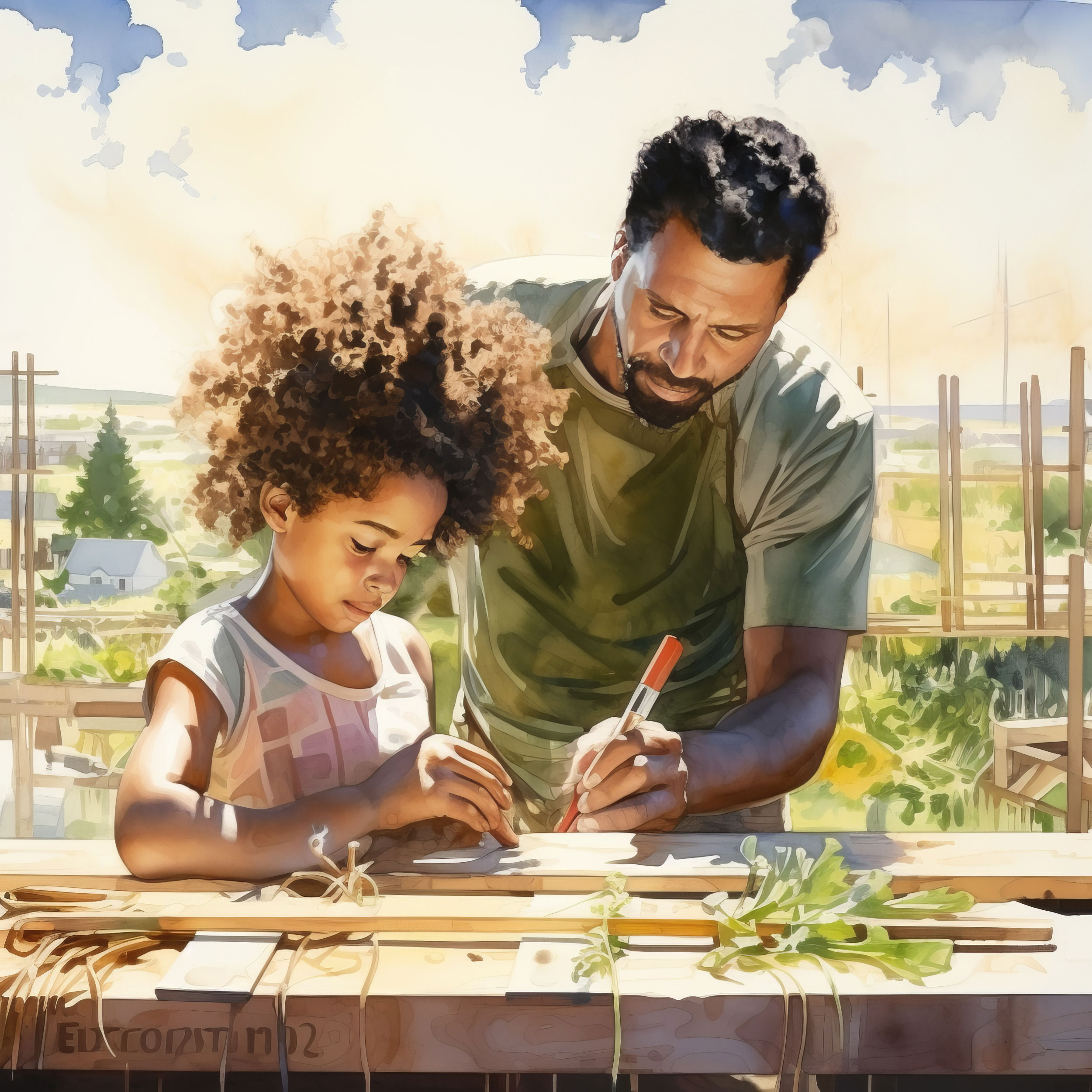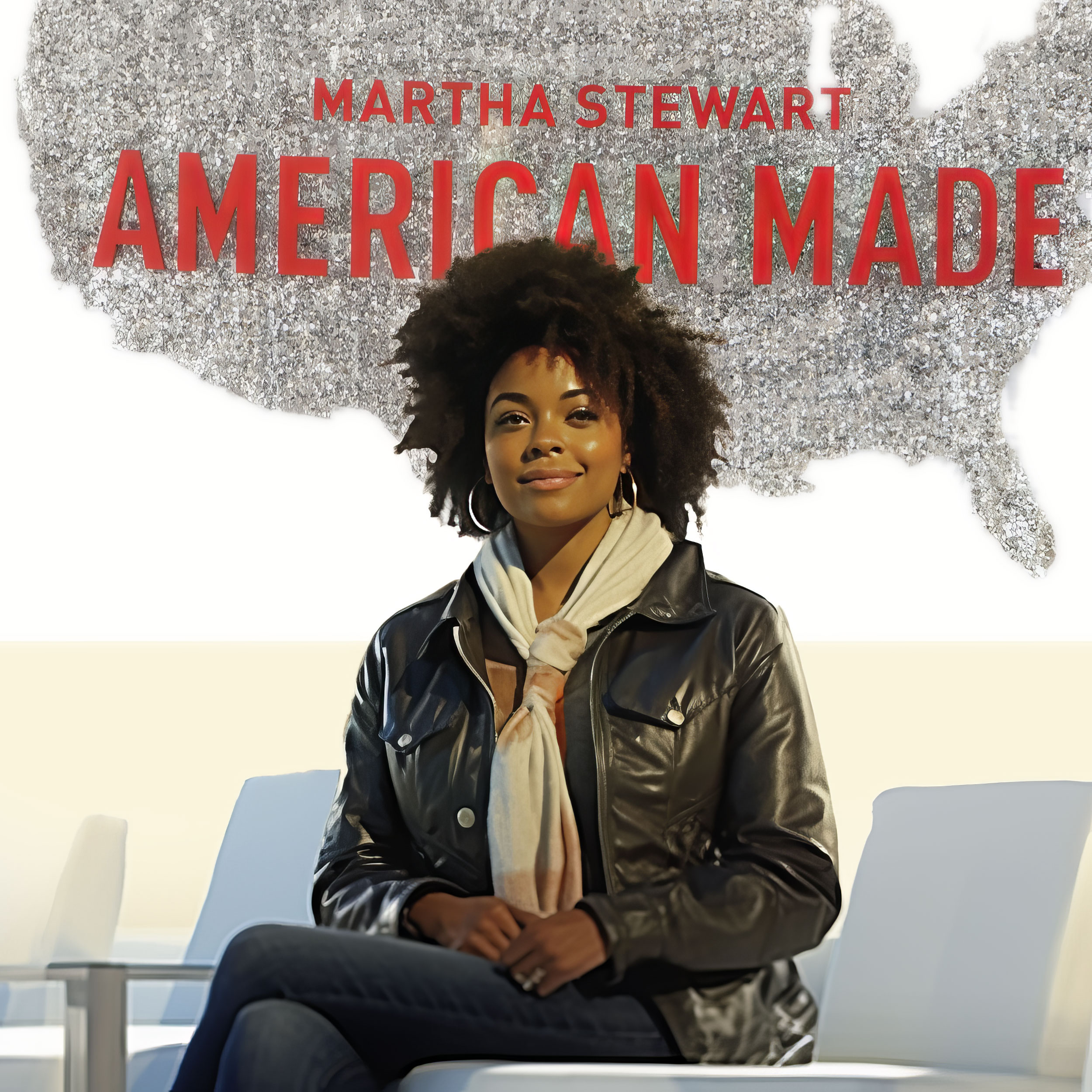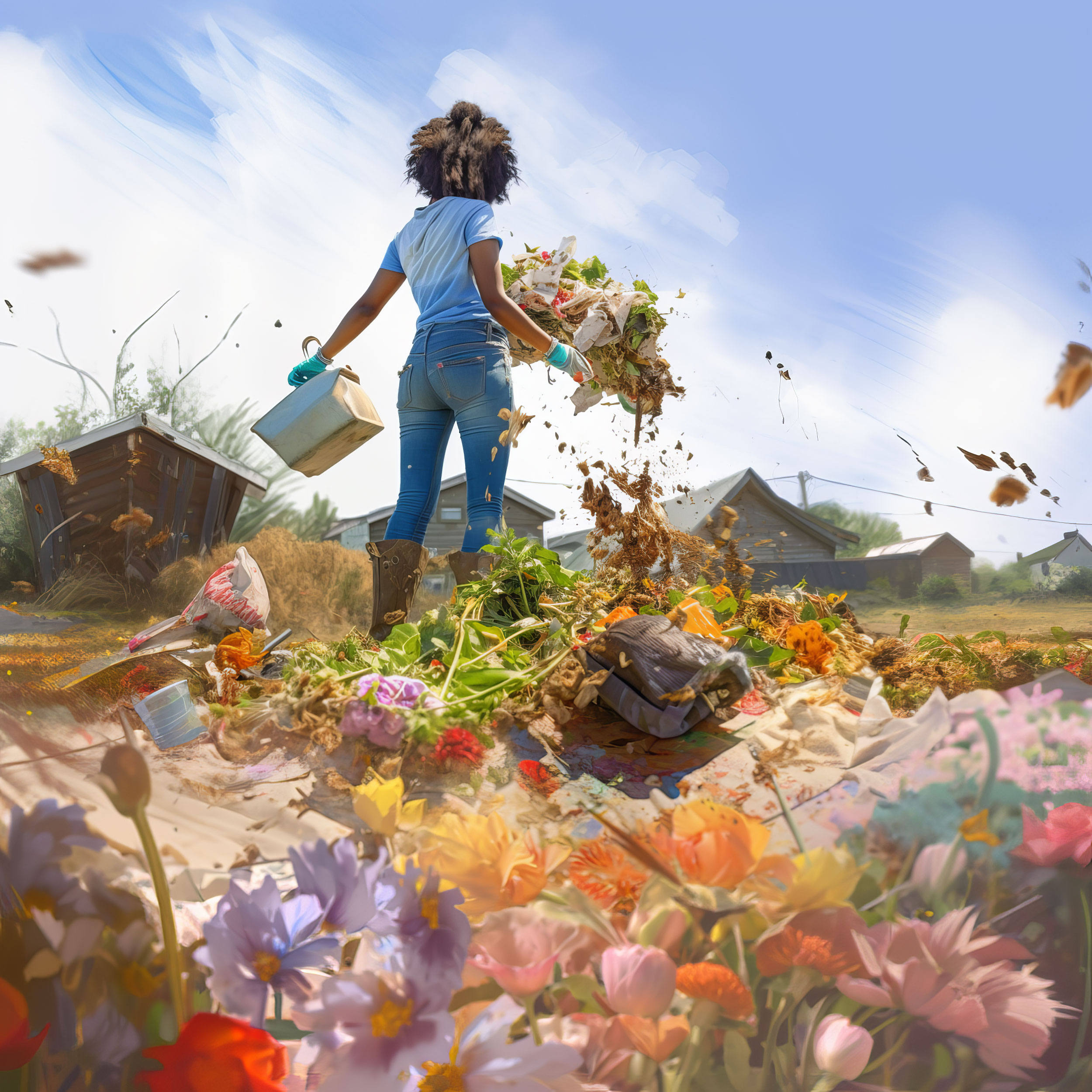United States of America
Turning Waste into Healthy Soil
Pashon Murray grew up in Grand Rapids, Mi to a family of entrepreneurs. From an early age, she learned about the world of waste management as she accompanied her father on trips to landfills and witnessed the consequences of burying waste.

Inspired by her father’s work in waste management, landscaping and site cleaning, Pashon developed a strong sense of responsibility for caring for her community and eliminating waste. Her mother’s love and support for others further instilled in her the importance of extending respect to everyone. As she grew older and became involved in green building projects in Grand Rapids, Pashon’s understanding of materials management expanded, leading her to comprehend the difference between waste and a valuable resource.
For Pashon, serving and recognizing the significance of providing resources for communities in achieving climate resilience was a reflection of her personal commitment and family ethos. Pashon was passionate about building with nature instead of against it. Her city, Detroit, was undergoing transformation in the wake of the automotive industry’s challenges which sparked her interest in urban farming and the need to address waste and CO2 reduction.


Connecting waste management and climate change was a complex task, but Pashon strived to develop relatable strategies for the general public. Recognizing Destruction in marginalized communities, and the impact of environmental racism on truly listening to people’s voices, she decided to engage policy makers . Pashon understood the importance of inclusivity in creating impactful policies, ensuring that those most affected by environmental challenges were actively involved in the decision-making process.


Why Is This Important?
Proper handling of food waste can significantly reduce greenhouse gas emissions, particularly methane, which is a potent contributor to global warming that is released when food decomposes in landfills. By implementing effective strategies like composting and anaerobic digestion, we can turn food waste into valuable resources and energy sources like compost.

What Can You Do?
Consider these tips:
Personal
Think about your own household waste—how much trash are you generating each week? Get creative and look for ways to minimize your waste by composting food scraps and using less plastic packaging. Can you reduce your waste a little bit each week?
Community
Where is the nearest waste transfer station in your community? Do you live near a landfill? Consider taking a visit to learn about how waste is handled after it leaves your home. To take it a step further, look up whether your area has community composting programs that you can be a part of! Support local composting or donate to organizations addressing the issue such as food banks.
Share Your Ideas
We would love to hear from you! Do you have a story to share about your actions to combat waste in your community?
Please send your story to engage@daughtersforearth.org. You can support all Daughters by donating below.




